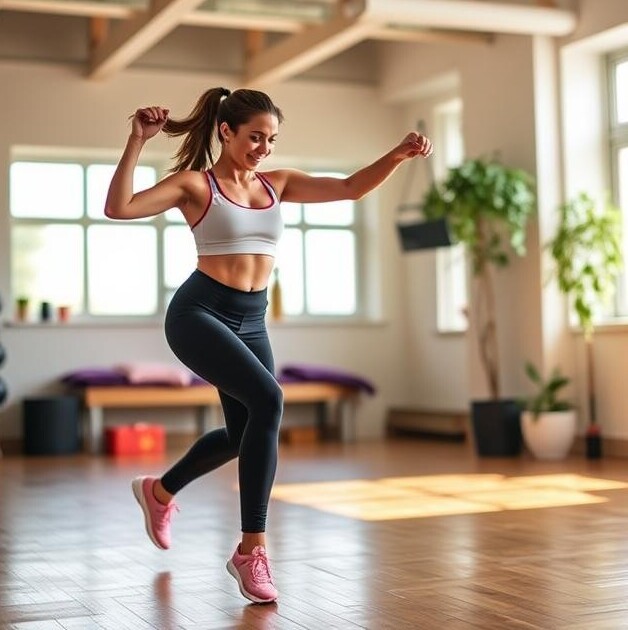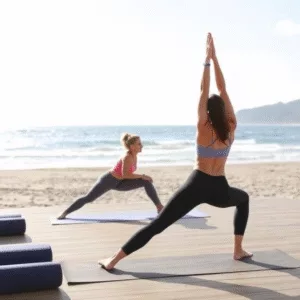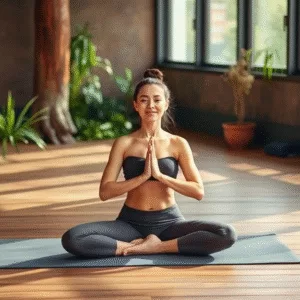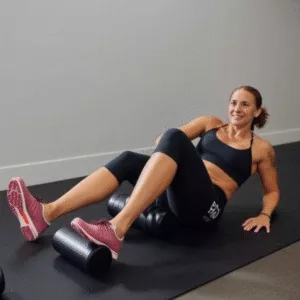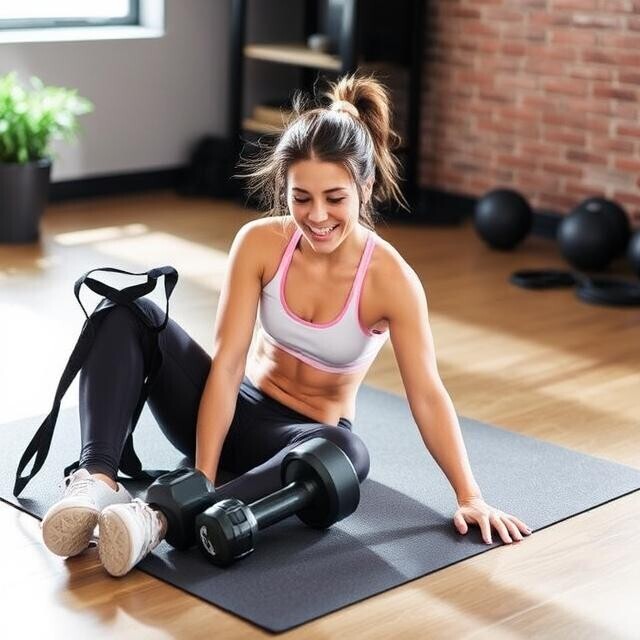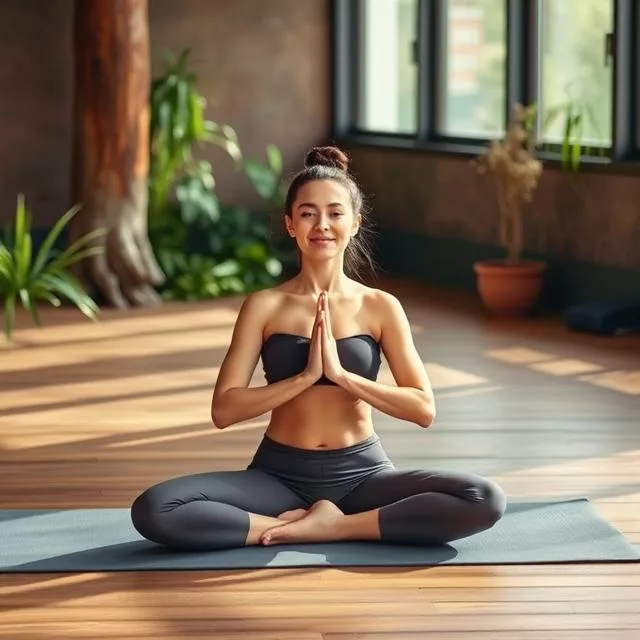
The difference between yoga and Pilates is their ancient roots, roots which go deep into balance and harmony between your mind, body and soul. The practice of these arts have lead to an improvement in longevity.
The benefits of practising these arts, can be achieved by anyone regardless of age or ability, this post will give you a quick walk through the origins and the participation of these arts.
Difference Between Yoga and Pilates
Understanding Two Transformative Practices
Yoga and Pilates are distinct practices with their own unique roots, yet both aim to bring harmony to the mind and body. While they may appear similar to the untrained eye, both using mats, breathwork, and bodyweight movements, their philosophies, goals, and techniques set them apart.
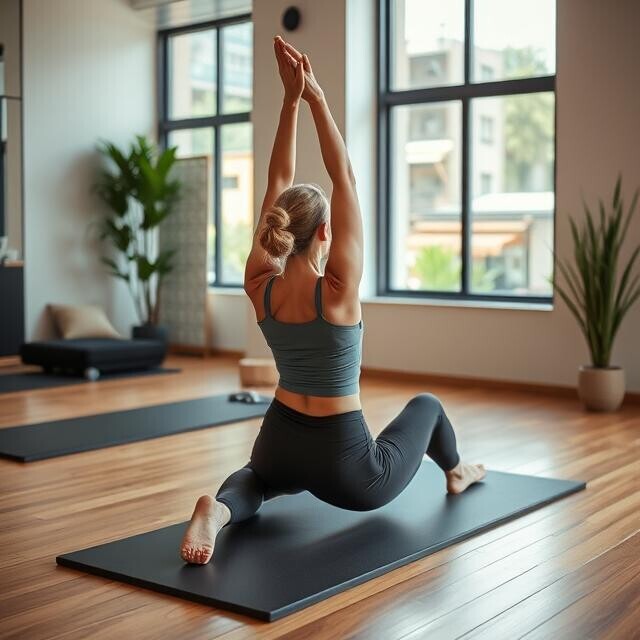
The Origins – Ancient Roots vs Modern Development
Yoga traces its origins back thousands of years to ancient India. It’s deeply rooted in spiritual tradition, focusing on meditation, controlled breathing (pranayama), and physical postures (asanas) to promote mental clarity, emotional balance, and spiritual awareness. For many, yoga is a way of life, not just a workout.
Pilates, in contrast, was developed in the early 20th century by German physical trainer Joseph Pilates. Originally called “Contrology,” Pilates was designed to help injured soldiers and dancers rebuild strength, especially in the core. It emphasizes controlled, precise movements, breath coordination, and muscular endurance with a primary focus on physical fitness.
Difference Between Yoga and Pilates in Intent and Philosophy
One of the biggest differences between yoga and Pilates lies in their intentions.
- Yoga incorporates a holistic approach that connects the mind, body, and spirit. It’s often seen as a path to inner peace and self-awareness.
- Pilates is more grounded in anatomical science. Its intention is to build a strong, stable core (often referred to as the “powerhouse”) to support the rest of the body.
While both promote mindfulness and body awareness, yoga tends to lean into spiritual depth, whereas Pilates remains more physically focused.
Comparing the Physical Benefits – Flexibility vs Strength
When considering the physical outcomes, the difference between yoga and Pilates becomes even clearer.
- Yoga enhances flexibility, balance, and mental calm. Poses like downward dog or pigeon stretch and elongate major muscle groups, improving posture and easing tension.
- Pilates, on the other hand, builds muscular strength and endurance. Movements like the hundred or leg circles are core-intensive, helping improve overall stability and body mechanics.
Both can tone muscles, but the method and focus differ significantly.
Breathing Techniques – A Shared Element With Different Goals
Though both practices emphasize breathwork, how they use it varies.
- In yoga, breath (pranayama) is tied to energy flow and mindfulness. It’s used to deepen meditation, relieve stress, and align the breath with movement.
- In Pilates, breath supports movement precision. Practitioners often use a deep, lateral breath to stabilize the core and engage muscles effectively.
Understanding this nuance is essential when exploring the difference between yoga and Pilates for beginners.
The Role of Equipment – Minimal vs Structured Tools
Another practical distinction is the use of equipment:
- Yoga typically requires minimal gear, a mat and perhaps some blocks or straps.
- Pilates can be practiced on a mat but also involves equipment like reformers, resistance rings, and balls for deeper resistance and control.
This variation influences the intensity and accessibility of each practice.
Difference Between Yoga and Pilates for Sports Performance
When it comes to enhancing athletic performance, both disciplines offer complementary benefits.
- Yoga improves flexibility, mobility, and mental focus. Athletes such as runners, swimmers, or martial artists benefit from yoga’s stretching and balance training.
- Pilates is perfect for improving posture, core stability, and body mechanics. Sports like tennis, skiing, or gymnastics, which demand quick transitions and core control, see clear benefits.
Many athletes incorporate both into their routines for a well-rounded approach to injury prevention and performance optimization.
Which Is Better for You – Yoga or Pilates?
Deciding between yoga and Pilates ultimately comes down to your goals:
- Choose yoga if you’re seeking a mind-body practice that includes breathwork, flexibility, and stress relief.
- Opt for Pilates if you’re focused on core strength, posture improvement, and injury rehabilitation.
Of course, the two aren’t mutually exclusive. Many people find value in alternating between both, depending on their needs and mood.
Setting Realistic Expectations – How Long Before You See Results?
Whether you choose yoga, Pilates, or both, results require consistency and patience. Here’s what to expect:
- Short-term (2–4 weeks): Improved mood, better sleep, and enhanced body awareness.
- Mid-term (4–8 weeks): Noticeable gains in flexibility, core strength, and posture.
- Long-term (3 months+): Lasting physical transformations, reduced stress levels, and stronger mind-body connection.
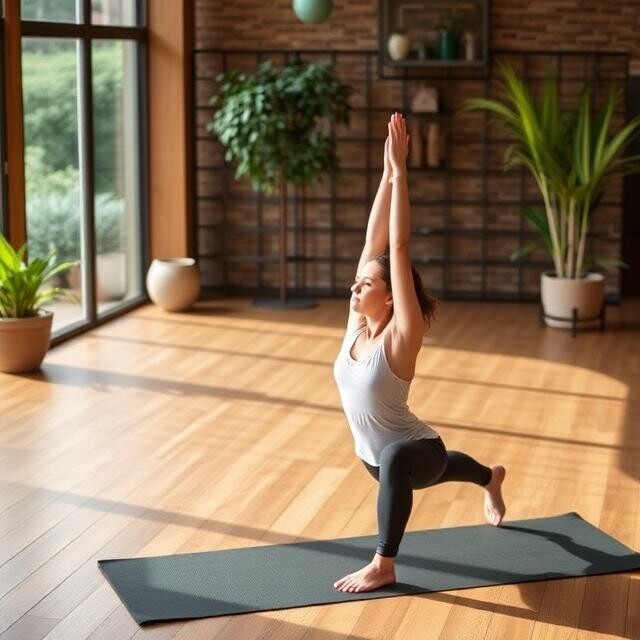
Tracking your progress through photos, journaling, or self-assessment can help keep motivation high. And remember, no two bodies are the same, enjoy the journey at your own pace.
Final Thoughts on the Difference Between Yoga and Pilates
Both yoga and Pilates offer profound benefits to the body and mind. The key lies in understanding your personal goals. Are you looking for a grounding, introspective practice or a dynamic core workout? The difference between yoga and Pilates lies not only in their methods but in how they align with your lifestyle and needs.
The choice is yours but please share your comment with us below.
Ultimate Training Gear.

